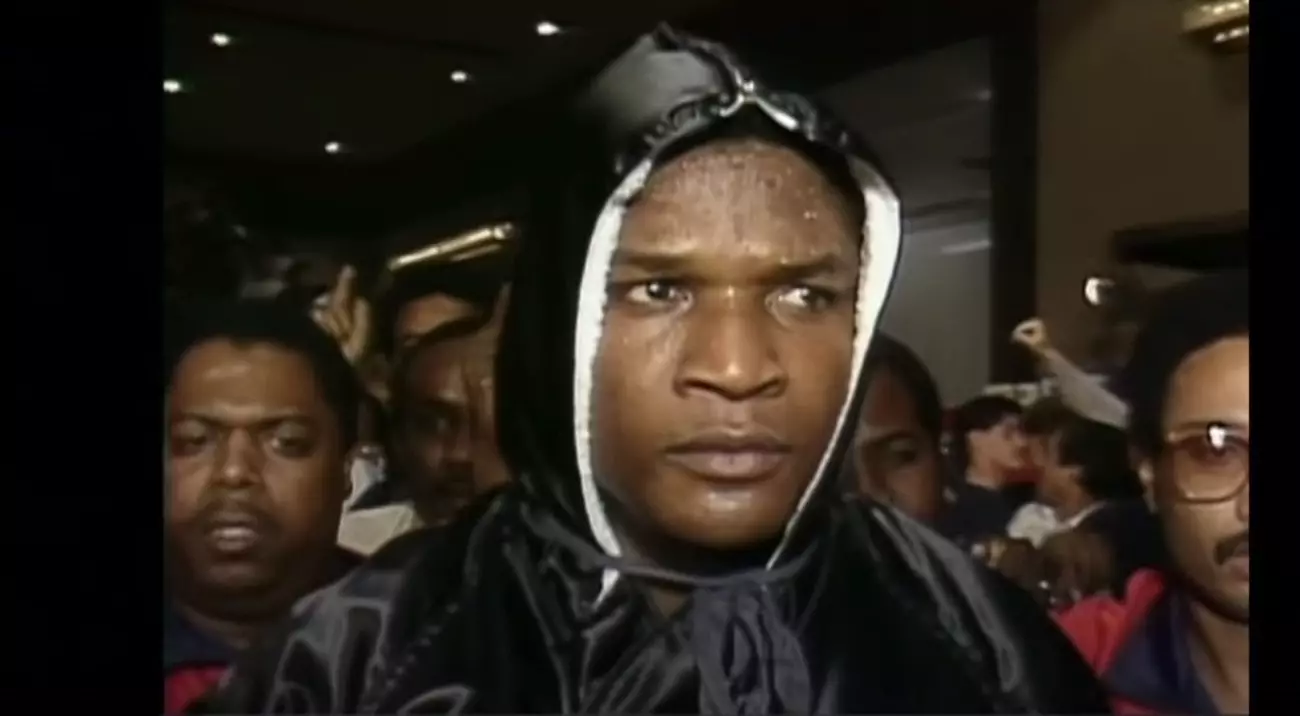When we discuss the history of boxing, few names resonate as powerfully as Mike Tyson’s. His career, marked by unparalleled ferocity and a meteoric rise to fame, has left an indelible imprint on the sport. Among the most iconic moments of his journey was the historic match against Trevor Berbick on November 22, 1986, where he not only secured the WBC heavyweight title but also earned the title of the youngest heavyweight champion in history at the age of 20. This match is ingrained in the minds of boxing enthusiasts not only for its significance but also for the sheer display of Tyson’s ruthless skill and explosive power.
The match against Berbick was more than just a fight; it was a defining moment in boxing history. As the bell rang, Tyson, aptly nicknamed “Kid Dynamite,” unleashed a torrent of punches that showcased both his technical prowess and his raw power. In less than two rounds, Tyson delivered a performance that would cement his status as a boxing prodigy. Berbick, a seasoned fighter at the time, found himself overwhelmed by Tyson’s speed and precision, unable to withstand the onslaught. The three knockdowns that Berbick suffered in that fateful match exemplified the viciousness with which Tyson approached the ring.
The brutal efficiency with which Tyson dispatched Berbick came as a shock to audiences, as he landed a devastating left hook that left Berbick reeling in disbelief. The once-feared champion was reduced to a mere shadow of himself, momentarily rendered helpless in the face of Tyson’s unrelenting assault. This match served as a harbinger of Tyson’s capacity to not only dominate but to dismantle his opponents‘ spirits, leading to a sense of invincibility that typified his early career.
Tyson’s victory was not simply about his physical achievements; it was about his ability to command respect and awe. The post-fight comments he made, inquiring whether his late mentor Cus D’Amato would have been proud, highlighted the emotional depth of his journey. D’Amato, who nurtured Tyson’s talents, envisioned a champion whose skills could transcend the norm. In hindsight, Tyson’s domination in the ring was both a tribute to D’Amato’s teachings and a demonstration of raw talent that strayed from D’Amato’s longer-term strategy for greatness.
Despite achieving groundbreaking success, Tyson’s reign was tumultuous and fleeting. Following the Berbick victory, he continued to conquer the heavyweight division with breathtaking speed. The swift defeats of established fighters such as Michael Spinks in merely 91 seconds and the dominating performance against Tony Tucker illustrated that Tyson was not merely a contender; he was a force of nature. However, the success bred a prevailing theme in his career – one of diminishing competition as opponents failed to withstand his barrage.
The Inevitable Fall: Cracks in the Armor
Yet, beneath the surface of his explosive success, cracks began to show in Tyson’s facade. Following a series of hasty victories, the anticipation of his fights dwindled. The legendary bout against Buster Douglas in February 1990 would shatter the myth of invincibility that Tyson had carefully crafted. Douglas’s unexpected victory over Tyson marked a turning point, illustrating how even the most dominant champions can falter.
Tyson’s career trajectory serves as a cautionary tale; a brilliant ascent can quickly give way to a dramatic decline. His triumphs and subsequent struggles reflect the complex interplay between talent, pressure, and longevity in sports. While Tyson’s knockout of Berbick remains a highlight—the moment that enthralled fans and cemented his legacy—his life and career can be seen as a paradox, filled with both greatness and tragedy.
Even decades later, Tyson’s legacy shines brightly in the world of boxing. His fights, particularly that against Berbick, continue to resonate with fans who revisit those moments where sheer power and technical prowess painted an unforgettable portrait. Tyson’s explosive entry into the heavyweight scene marked him as a fighter to be watched, and despite the ups and downs that followed, he remains a significant figure in boxing history.
As Tyson himself alluded to after his victory over Berbick, the essence of a champion lies not just in age or records, but in the ability to inspire. In the end, that night in 1986 was not just a milestone for Tyson; it was a moment that would eternally echo within the annals of sports—a reminder of what it means to be truly fierce and fearless.


Napsat komentář